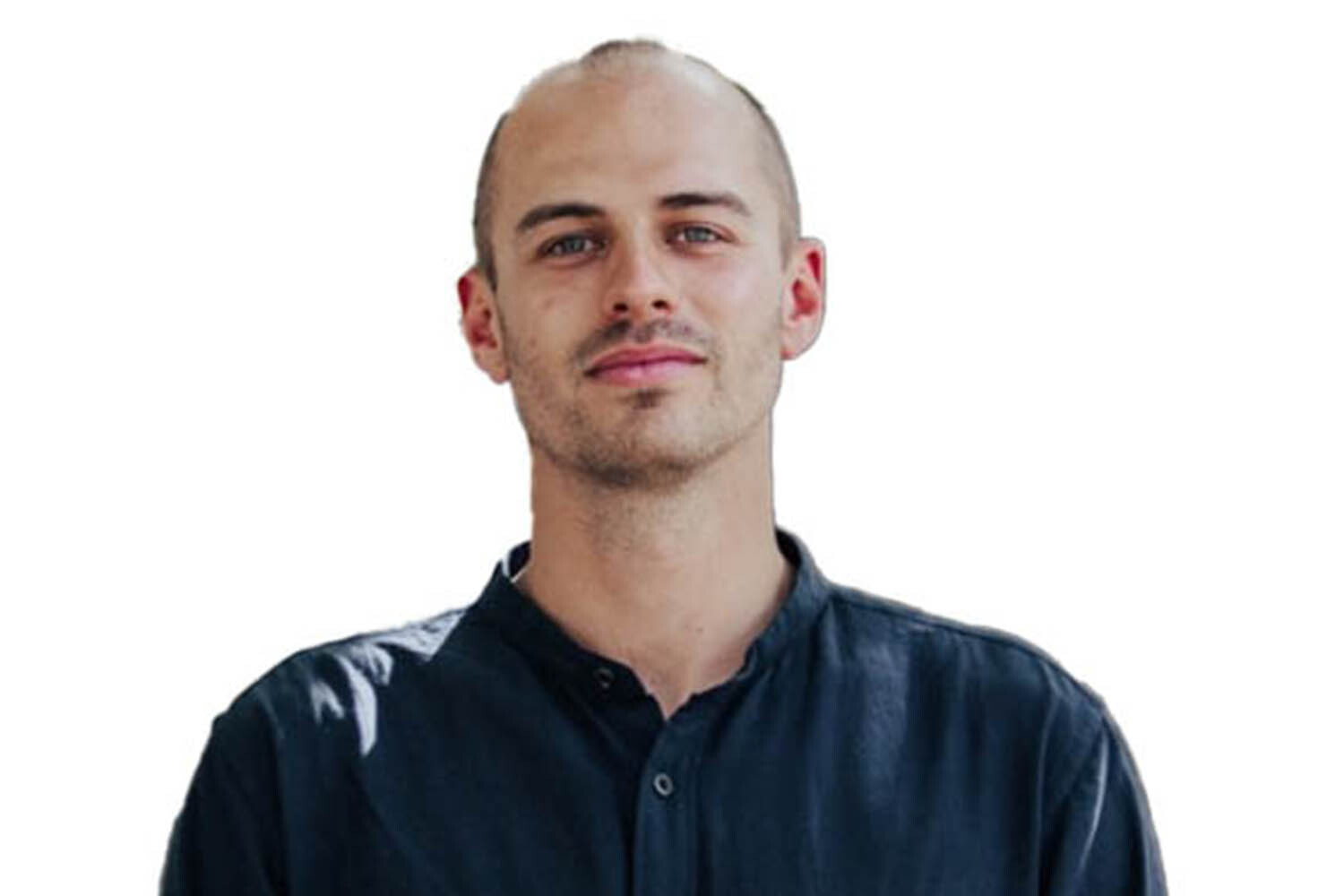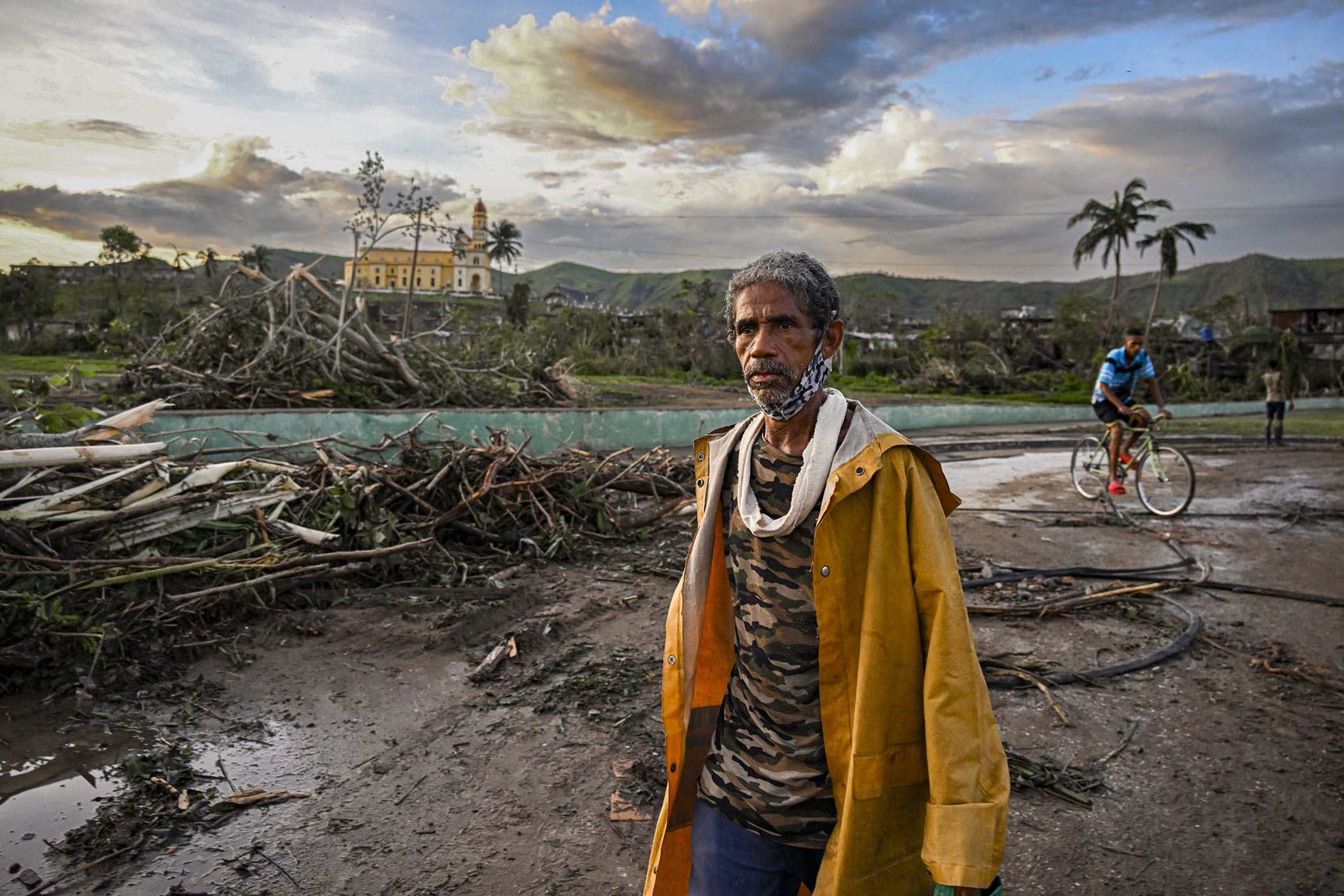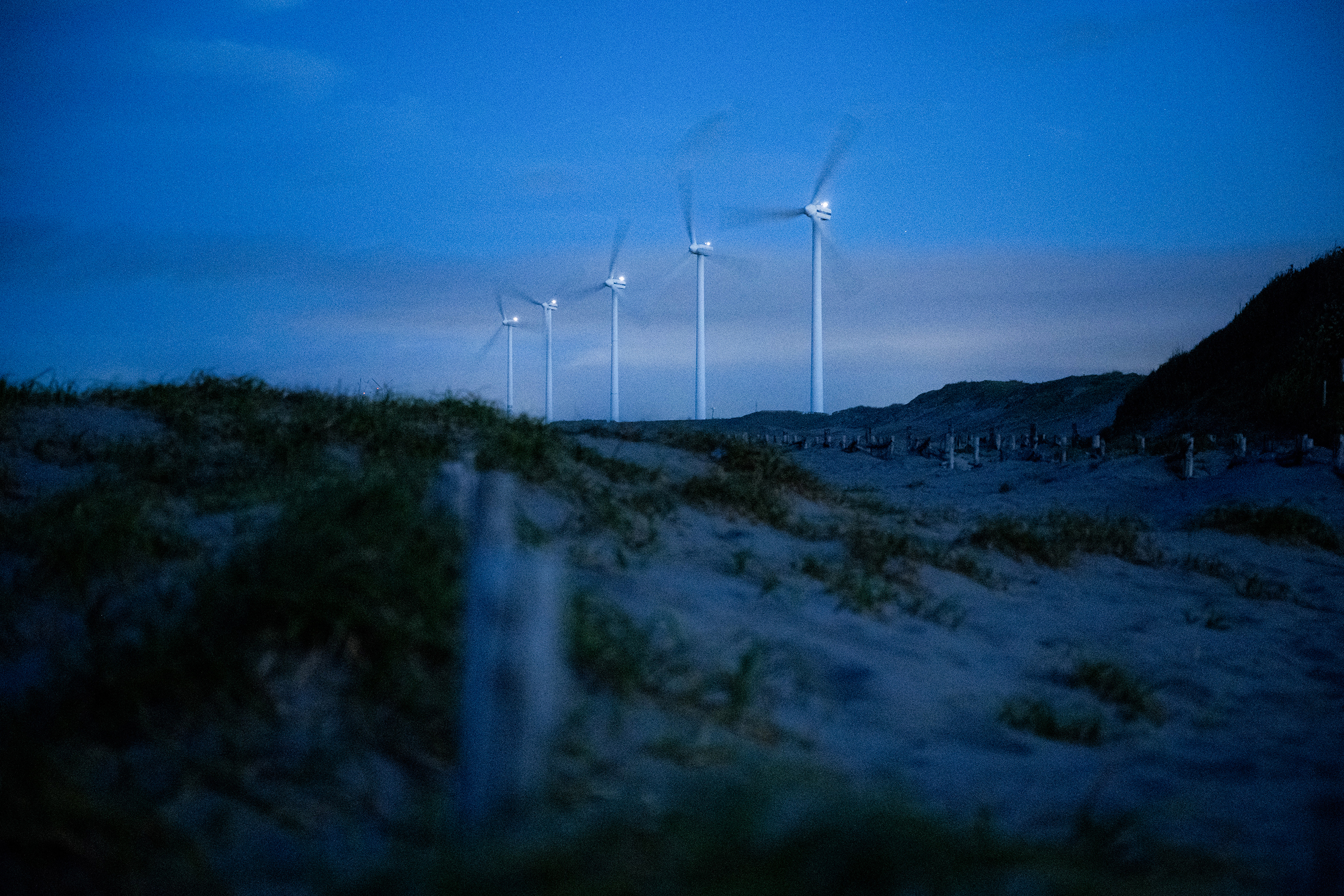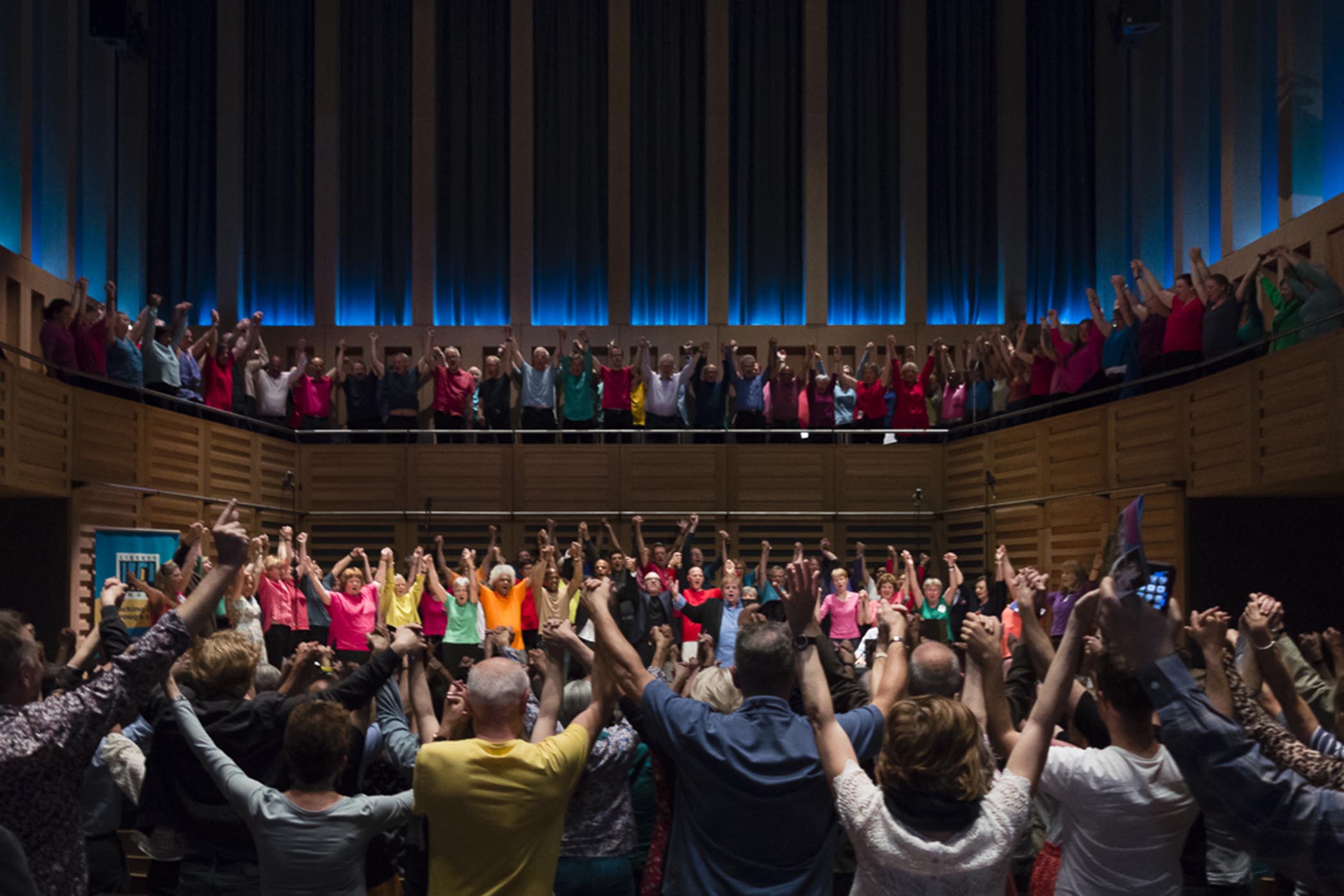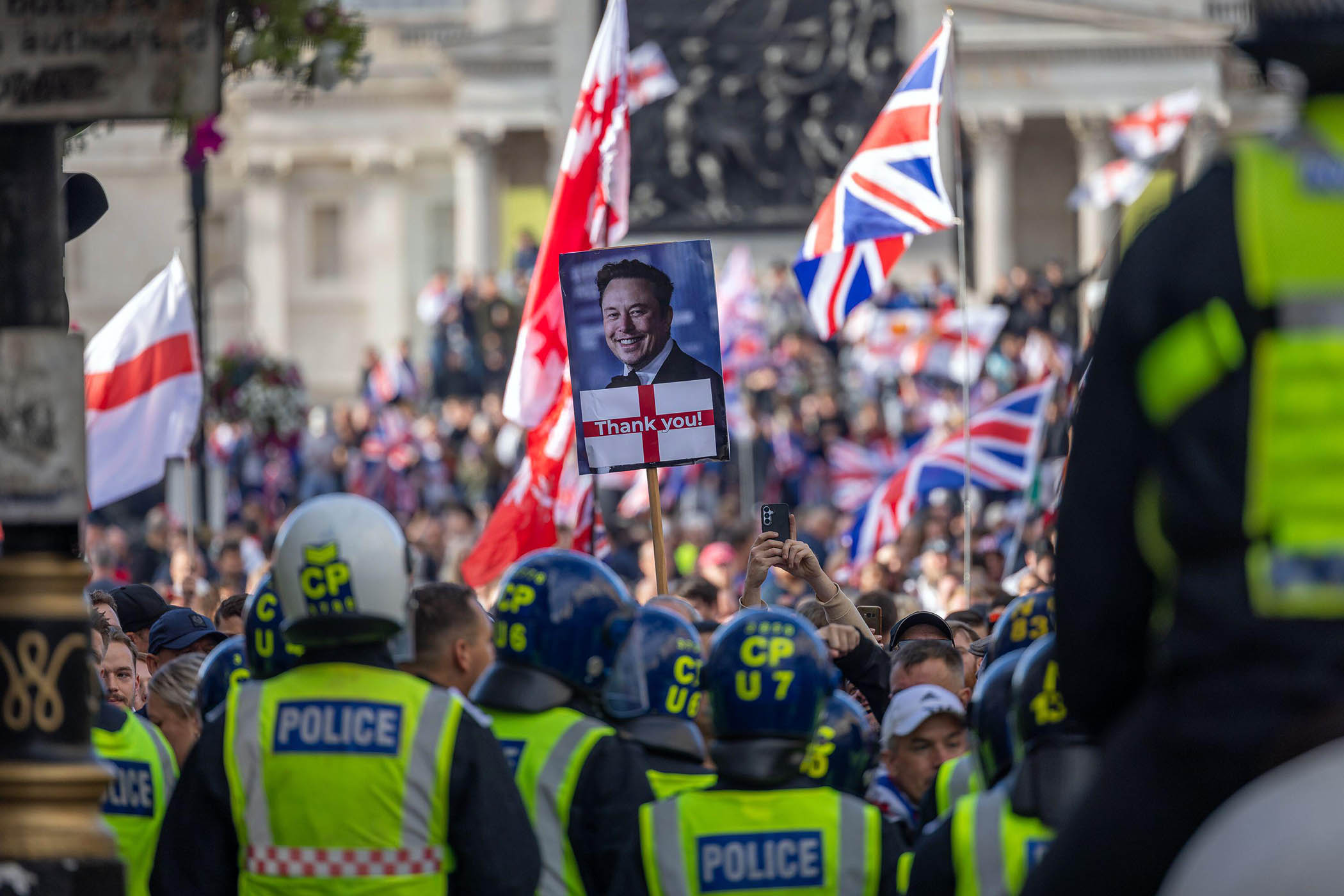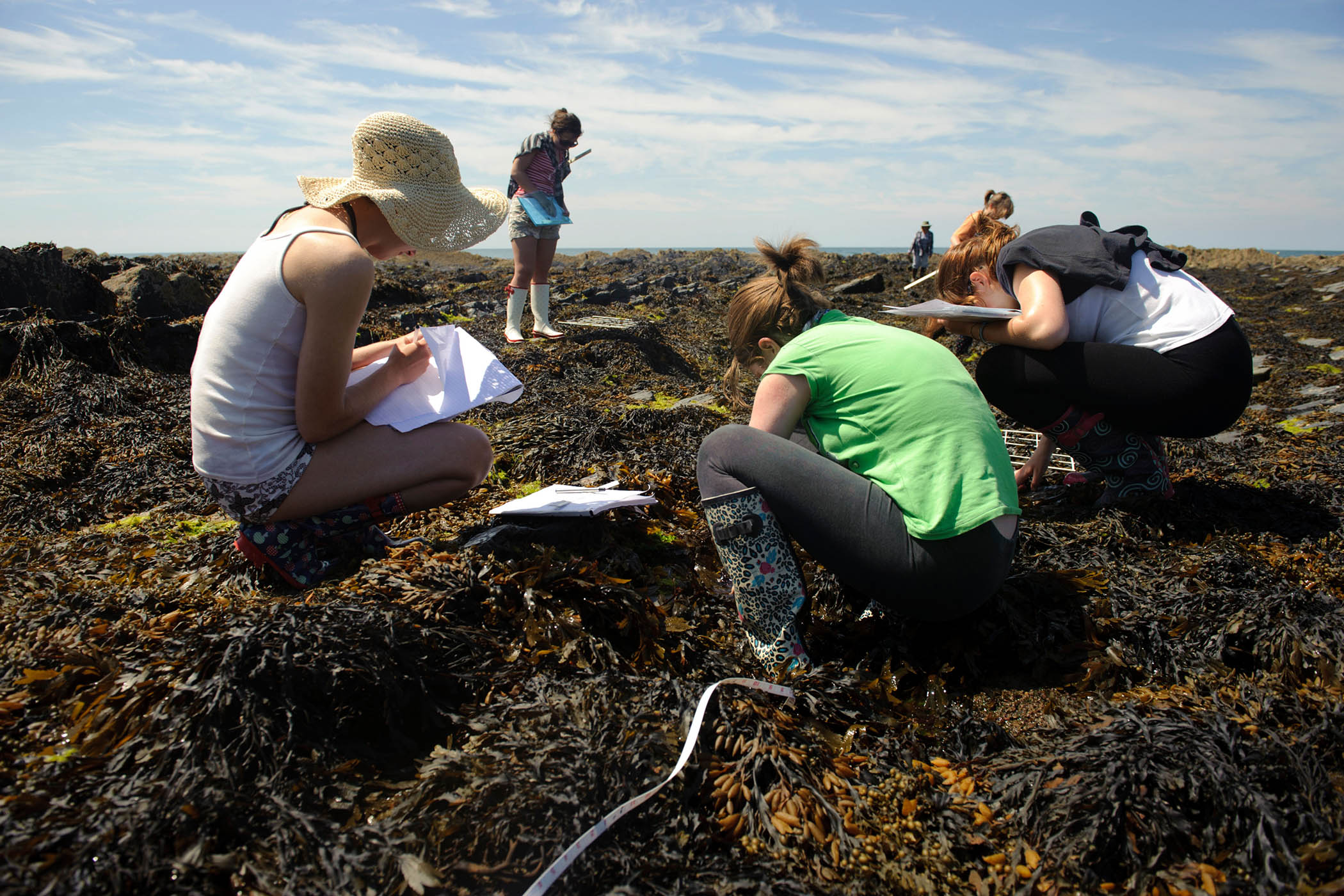
The island nation’s rock star leader has already reframed the way the world talks about climate change
Illustration by Andy Bunday
In 2021, Barbados’s prime minister, Mia Mottley, took to the stage at the Cop26 climate conference in Glasgow and delivered a rousing call to arms. She described a global temperature rise of 2C as a “death sentence” for island nations such as hers, and called for an urgent scaling up of financing to help them adapt.
Quoting the singer Eddy Grant, who is based in the Caribbean, she asked: “Will they mourn us on the frontline?” She also added a question of her own, aimed squarely at the other presidents and prime ministers in the hall: “When will leaders lead?”
The speech announced Mottley on the world stage as a champion of climate action. But the real work took place behind the scenes. During the conference talks, she proposed a radical overhaul of the international financial system to help developing countries adapt to climate change and cope with damage wreaked by increasingly frequent extreme weather.
The following year, she brought together a group of leading experts in Bridgetown, the capital of Barbados. They fleshed out these ideas and codified them into a concrete set of proposals that became known as the Bridgetown Initiative. It was unveiled at the Cop27 summit at Sharm el-Sheikh, in Egypt, in November 2022.
Related articles:
The initiative is a call for a fairer global financial architecture that helps low-income nations climate-proof their economies and infrastructure while also relieving them of crushing debt burdens. It includes better insurance against natural disasters, cheaper loans and readier access to them, and measures to prevent disaster-stricken countries from defaulting on debt repayments. It also calls for investments in energy access, water security and soil health.
Finance is now a key part of climate discussions – in large part thanks to her oratory and grasp of policy
Mottley believes an extra $3tn in annual funding is needed. This sounds like a large sum, more than Italy’s entire economic output. But, as Mottley pointed out in Glasgow, the world’s richest countries spent $9tn in the first 18 months of the pandemic. In that context, the figure is a drop in the ocean. Part of it would be funded by new taxes on polluting industries, including aviation and shipping, with some funds coming from the private sector.
Another question she asked her peers was: “Have they not learned from the pandemic? Can there be peace and prosperity if one-third of the world literally prospers and the other two-thirds of the world live under siege and face calamitous threats to our wellbeing?”
Over the last four years, Mottley has achieved something close to rock star status at international summits – a remarkable achievement for a leader from a country with a population of 280,000, about the same as that of a middling European city.
France’s Emmanuel Macron has backed her ideas. António Guterres, the United Nations secretary general, has echoed her calls for financial reform. In 2021, Mottley completed a term as co-chair of the development committee of the World Bank and the International Monetary Fund, and she heads the UN’s sustainable development goals advocacy group. In diplomatic circles she is discussed as a potential successor to Guterres at the helm of the UN.
Finance is now a key part of climate discussions, in large part thanks to Mottley’s efforts. Observers of these talks say she combines powerful oratory and a firm grasp of the policy with the energy needed to persevere through gruelling rounds of negotiations. At Cop29 last year, in Azerbaijan, she played a key role in extracting a commitment of $1.3tn a year in financing, despite opposition from oil producers such as Saudi Arabia.
“She has played a very powerful role in public discussion,” says Nicholas Stern, chair of the Grantham Research Institute at the London School of Economics. “As a prime minister, she has to be an inspiration and carry the big picture, but she also understands the detail. There are not many people who can do both of those things, but she does.”
Noah Zucker at Princeton University agrees. “She is able to convey a lot of very dense material about sovereign finance and lending, and connect it very effectively with people’s day-to-day lives,” he says. “At the same time, what gets policymakers and academics on board is that the foundation of the Bridgetown initiative is quite sophisticated.”
For countries such as Barbados, climate change is an immediate and existential priority. Small island nations are highly exposed to hurricanes and other extreme weather events, which are becoming more frequent as temperatures creep up. Earlier this week, Hurricane Melissa battered the Caribbean, killing scores of people and leaving many without power.
“They get hit by these storms, and just as they’re building back, they get slammed again,” said Sally Yozell, an environmental security expert at the Stimson Center. “Despite all the money they put into rebuilding, they go back to zero and have to start again. It’s a cycle.”
At home, Mottley has been a political stalwart for decades. The granddaughter of Bridgetown’s first mayor, she became leader of the Labour party in 2008. She became prime minister in 2018 in a record landslide, winning more than 70% of the vote and all 30 seats in parliament. And she was re-elected in 2022 in another landslide.
In 2021 she cut ties with the British monarchy, removing Queen Elizabeth II as head of state and turning Barbados into a republic. She is also a prominent backer of reparations for colonialism and slavery. Last year she secured the first “debt-for-climate resilience swap” for Barbados, securing debt relief of $125m for the country to invest in adapting its sewage plants.
In addition to shifting the dial on public discussions, her Bridgetown Initiative has scored policy wins. These include breaks on debt payments for countries hit by disasters, and the setting up of the IMF’s resilience and sustainability facility, which in 2023 started disbursing funds to countries vulnerable to climate change.
But progress on more structural reform has been slow, and the $1.3tn pledged at the most recent Cop, in Baku last year, falls far short of what’s needed. Only $300bn of it will come in the form of grants and cheap loans – the type of support that is most needed. Mottley’s call to beef up this commitment is likely to shape the course of Cop30 when it convenes in Brazil later this month.
Mia Mottley
Born 1965
Alma mater London School of Economics
Work Prime minister of Barbados
Family Single
